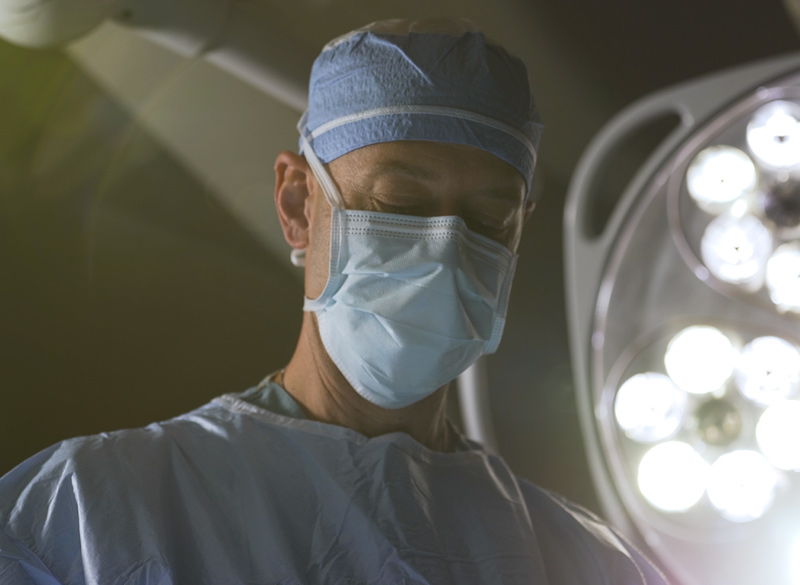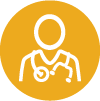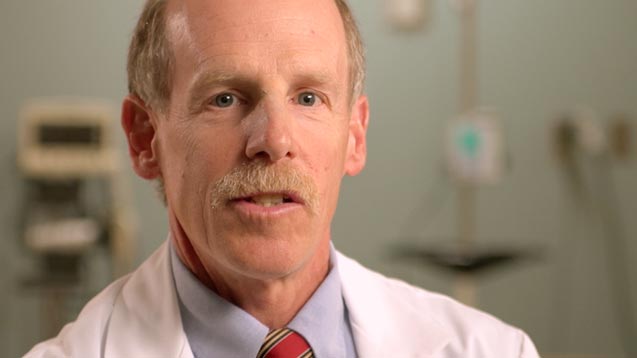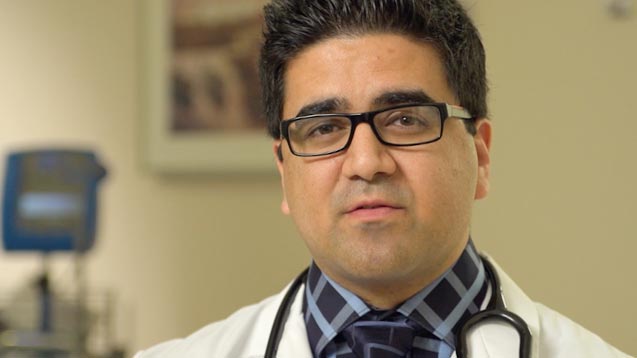This is Where…
Technology Meets
Compassion
We provide all cancer services from prevention programs, early detection screenings, surgery, chemotherapy and radiation therapy, supportive care services, home care and when appropriate, hospice.
We are committed to providing state-of-the-art treatments for all adult cancers.

Cancer Treatments We Provide
Surgical Approaches
Surgery can be used in various parts of the cancer process, from biopsy for determining a diagnosis to curing cancer. Surgical removal depends on the type, size, location, grade, and stage of tumor as well as medical history.

What to Expect
Following certain types of surgery, there’s almost always going to be some type of incision. That wound or incision is closed with sutures or staples. After the operation, a physician, a nurse or physician’s assistant will discuss care of your wound. For many patients, surgery will be combined with other treatments such as chemotherapy, radiation therapy or hormone therapy. These may be administered before surgery or after surgery to help prevent cancer growth, spread or recurrence. Breast brachytherapy and prostate implants are available as part of our center’s services.
Chemotherapy / Biotherapy
Chemotherapy drugs, given intravenously or orally, are used to treat cancer. Biotherapy is a more directed therapy that is also given intravenously or orally in conjunction with Chemotherapy.
We treat three types of patients with chemotherapy:
- Patients whose cancer has spread throughout the body are treated with the intent of putting them into complete or partial remission.
- Those patients who’ve had their cancer surgically removed (breast cancer and colon cancer). Chemotherapy is used to lower the risk of the cancer returning.
- Patients with locally advanced disease whose cancer cannot be surgically removed. These patients are treated with a combination of chemotherapy and radiation therapy with the intent to shrink the cancer as much as possible. If the tumor still exists, but is smaller, it may be removed surgically.
What to Expect
Your UHC doctor may schedule a series of chemotherapy treatments spread out over a period of weeks or months. This allows your body to recover between treatments.
Side Effects
Everyone’s side effects with chemotherapy are different. The most common side effects may include a weakened immune system, change in your blood count, nausea, hair loss, decreased appetite, fatigue, anemia, bruising, and diarrhea.
It is important to rest, eat nutritious foods, and take your prescribed medications to minimize these side effects. Communicating with your physician and healthcare team about your side effects is very important while taking chemotherapy.
Infusion Center
We provide infusions for both oncology and non-oncology patients including Chemotherapy, Biologics, Blood transfusions, IVIG, Iron, IV fluids, IV antibiotics, injections, etc.
Radiation
Specialized radiation treatments using the most up-to-date IMRT techniques. Radiation therapy is used to treat a variety of cancers which may include breast, lung, prostate, head and neck, cervix, ovary, and uterus cancers.
We treat most adult cancers with radiation, the most common forms include:
- Breast
- Lung
- Prostate
- Colon
- Head and Neck
- Cervix, Ovary, and Uterus
What to Expect
We offer several different types of radiation treatments, including External Beam Radiation Therapy, Brachtherapy, and Superficial X-Rays. External Beam Radiation Therapy, the most common form of radiation therapy, is delivered utilizing a machine called the linear accelerator. With Brachytherapy (internal therapy), we put radioactive sources inside the patient. United Hospital Center is one of the few facilities in the state that offers superficial x-rays which is used to treat skin cancers around the face.
Side Effects
Side effects vary from patient to patient and are often associated with where the radiation is being given. Common side effects may include the below.
- Skin changes including dryness, itching, peeling or blistering
- Fatigue
- Diarrhea
- Hair Loss
- Mouth Problems
- Nausea and Vomiting
- Sexual Changes
- Swelling
- Trouble Swallowing
- Urinary and Bladder Changes
Most of these side effects subside within two months after radiation therapy is finished. Our goal is to deliver the best possible care given your diagnosis of cancer.
Clinical Trials
Along with standard cancer therapies provided throughout the U.S., the cancer center participates in clinical trials, giving patients access to the latest in cancer treatment protocols and experimental chemotherapy not yet released by the Food and Drug Administration (FDA).
Communicating with your UHC Medical Team
Communication between physicians, patients, and their family members is important. Discussions before, during, and after treatments are key, as important decisions will be made such as:
- Diagnosis
- Treatment
- Treatment Follow-up
- Changes in Care Goals
- Advance Directives (i.e. living will)



